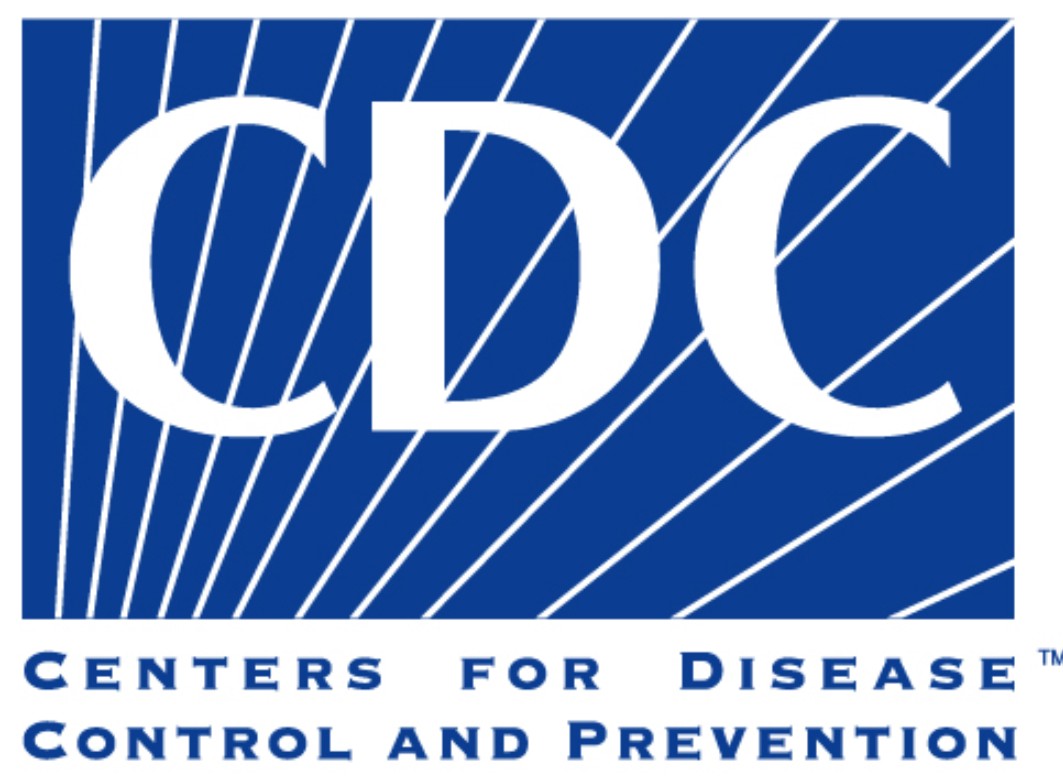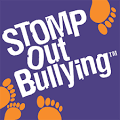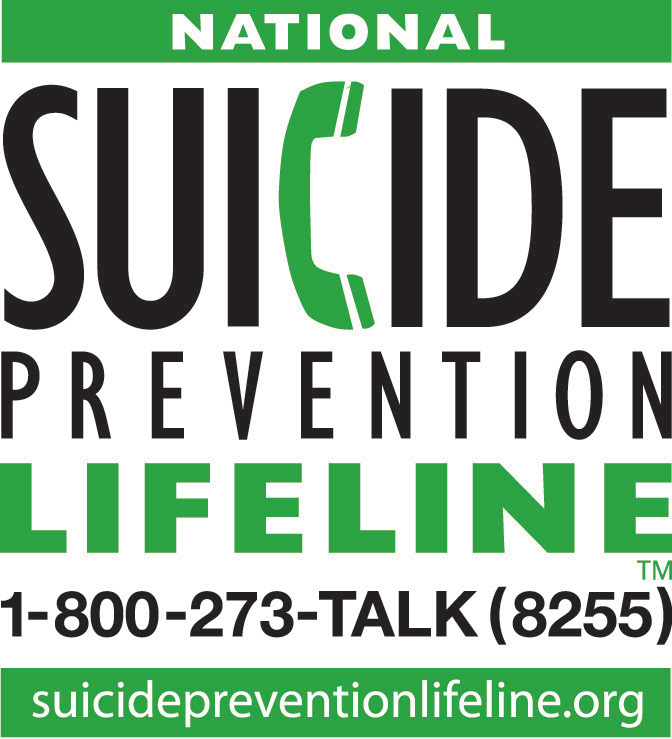Bullying, Workplace Harassment and Sexual Harassment
Bullying
Unwanted, aggressive behavior among school aged children that involves a real or perceived power imbalance. It can be actions like name calling, hitting, kicking or spitting, telling lies and spreading rumors, taking things that belong to someone else, or forcing others to do things they do not want to do The behavior is repeated, or has the potential to be repeated, over time. Both kids who are bullied and who bully others may have serious, lasting problems. Children and adults with disabilities are 3 times more often to be involved with bullying or harassment than non-disabled peers.
![]() Stopbullying.gov
Stopbullying.gov
Website includes Types of Bullying ( including cyberbullying), risk factors, warning signs, resources and prevention. Information is provided for parents, teachers, community, teens and kids.
 SAMHSA KnowBullying Free App
SAMHSA KnowBullying Free App
App for parents and caregivers has simple conversation starters to begin a discussion with your child. Also includes tips, warning signs, links to social media and info for educators.
National Bullying Prevention Center – PACER Center
PACER provides innovative resources for students, parents, educators, and others, and recognizes bullying as a serious community issue that impacts education, physical and emotional health, and the safety and well-being of students.
Specific Target Groups:
If children are seen as different, and a supportive setting is not there, they may be at a higher risk of being bullied. The groups can include:
- LGBT Youth
- Making Schools Safe for LGBTQ Community
- Youth with Disabilities and Special Health Needs
- Special Needs Kids And Bullying
- Race, Ethnicity, and National Origin
- Religion and Faith
- Bullying & Victimization and Asian-American Students
 Disability and Safety: Information about Bullying
Disability and Safety: Information about Bullying
Information about the three kinds of bullying: physical, verbal and social. Children with disabilities are sometimes more likely to be bullied than children without disabilities.
How to Respond to Incidents of Racism, Bullying and Hate in Schools
National Education Association
When Your Child is Being Bullied (pdf)
Massachusetts Aggression Reduction Center
Disablist Bullying
The motivations for disablist bullying may include; discrimination on the basis of a disability or a lack of understanding of a person’s disability.
![]() Massachusetts Students: What To Do If You’re Being Bullied – Gay & Lesbian Advocates & Defenders (pdf)
Massachusetts Students: What To Do If You’re Being Bullied – Gay & Lesbian Advocates & Defenders (pdf)
Information for students in all school settings
![]() What is Cyberbullying
What is Cyberbullying
Cyberbullying is bullying that takes place using electronic technology. Electronic technology includes devices and equipment such as cell phones, computers, and tablets as well as communication tools including social media sites, text messages, chat, and websites.
 Don’t Be Cyberbullied … Delete The Digital Drama
Don’t Be Cyberbullied … Delete The Digital Drama
This social online harassment can be done through e-mail, cellphones, text messages and instant messaging.
Disability: Bullying and Harassment
U.S. Department of Education
Other Bullying Resources
 National Suicide Prevention Lifeline
National Suicide Prevention Lifeline
How to talk about bullying and what you need to know about bullying.
![]() Trans Lifeline – 1-877-565-8860
Trans Lifeline – 1-877-565-8860
A crisis and suicide hotline for transgender individuals
STOMP Out Bullying™ Live HelpChat Line
Bullying Basics – Tolerance.org
Workplace Harassment
Offensive conduct may include, but is not limited to, inappropriate jokes, slurs, name calling, physical assaults or threats, intimidation, ridicule or mockery, insults or put-downs, showing offensive objects or pictures, and interference with work performance.
H arassment – US Equal Employment Opportunity Commission
arassment – US Equal Employment Opportunity Commission
Information for Workers and Information on Employer Liability
 Disability Discrimination & Harassment
Disability Discrimination & Harassment
US Equal Employment Opportunity Commission
 Stop Office Bullying – American Psychological Association
Stop Office Bullying – American Psychological Association
Bullying in the workplace can lead to increased absenteeism, employee turnover, even lawsuits. Here’s how employers can reduce aggressive behavior among employees.
 Workplace Violence & Harassment
Workplace Violence & Harassment
US Department of Labor
![]() Workplace Bullying Institute
Workplace Bullying Institute
Resources for survivors
Sexual Harassment
Unwelcome sexual advances, requests for sexual favors, and other verbal or physical conduct of a sexual nature that tends to create a hostile or offensive work environment. Inappropriate touching, telling sexual jokes, making comments, showing offensive pictures or images and name calling are a few examples.
Sexual Survivor Support Packet (.pdf) – MASS Advocates Standing Strong
Mass.gov About Sexual Harassment in the Workplace
Learn about what activities are considered sexual harassment in the workplace and how your rights are protected by the MCAD.
 Facts About Sexual Harassment
Facts About Sexual Harassment
US Equal Employment Opportunity Commission
Sexual Harassment at Work and On the Street – Rape, Abuse & Incest National Network (RAINN)
 Know Your Rights: Workplace Sexual Harassment
Know Your Rights: Workplace Sexual Harassment
Fact Sheet last updated on: 8/30/2021

